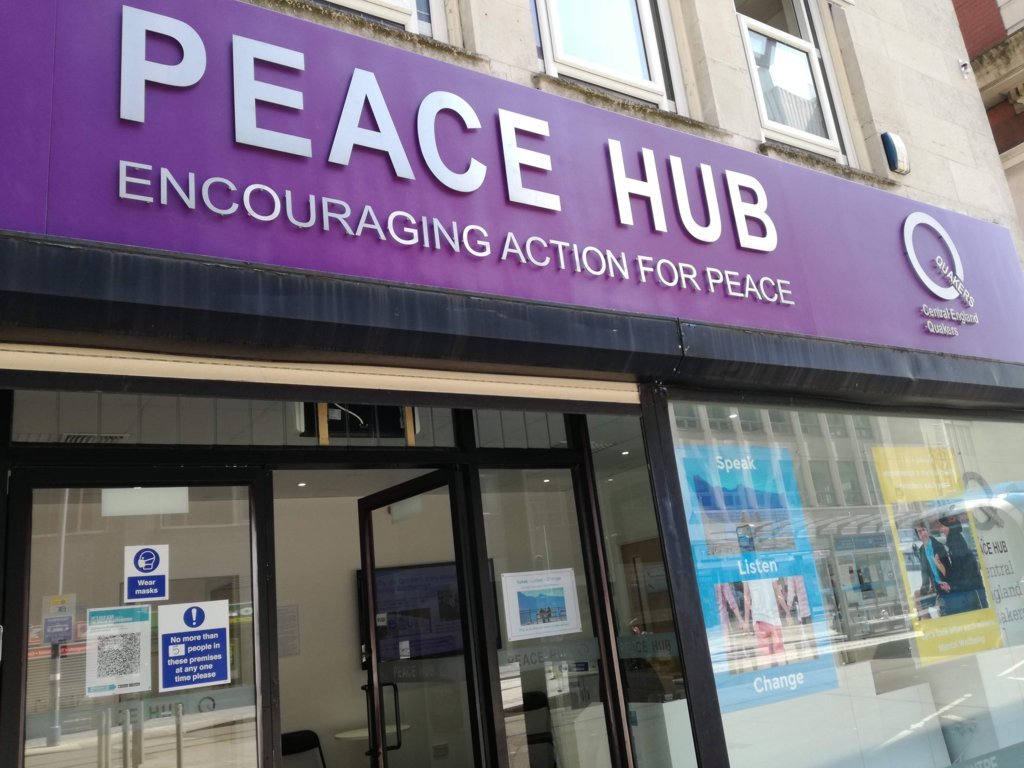In the second of his artcles looking at asylum & refugee issues, our volunteer Richard looks behind the headlines, to find the true facts & figures.
“The last few years have seen major conflict and humanitarian crises take place across the world, from Syria, Iraq and Afghanistan to the Central African Republic and Darfur.
As a result of this, the number of people fleeing their homes has reached unprecedented levels, exceeding 50 million for the first time since World War II. The amount applying for asylum in the UN’s 44 designated “industrialised countries” hit a 22-year high, increasing 45% inside a single year. Last time figures reached such a level was around the time of the Bosnian war and subsequent genocide. These figures are harrowing and indicate the volume of desperate people trying to escape conflict and persecution in order to keep their families safe.
Despite these staggering rises, the vast majority of refugees don’t choose the UK as their destination.
86% of refugees are hosted by developing countries, and those who flee often only make it to a neighbouring country. Pakistan, Iran, Lebanon, Turkey and Jordan have the world’s five largest refugee populations. All share a border with at least one of Afghanistan, Iraq or Syria. In fact, we host around 1% of the world’s refugees and they constitute just 0.23% of the population.
It’s also hard to paint a picture of undue burden when looking at EU figures. In 2014, the UK granted 14,065 asylum applications, placing it fifth in the list of EU countries. However, when the above figures are analysed per head of population, the UK is ranked 16th out of the 28 EU states. In spite of record increases worldwide, asylum applications to Britain rose by only 1,390 (or 5%) in 2014. In the same period, Germany saw an increase of 60,000+ and Sweden of 20,000+.
Two things are clear:
- We are not drowning in ‘waves’ or a ‘flood’ of asylum seekers.
- The amount we take is not disproportionate.
Whilst immigration levels have risen sharply in the last decade, very little of this is down to asylum seekers and refugees. They should not be demonised or made scapegoats. When thinking of refugees, we should instead turn our minds to the tragedy unfolding in the Mediterranean. Those waves are not metaphorical.”
Sources

